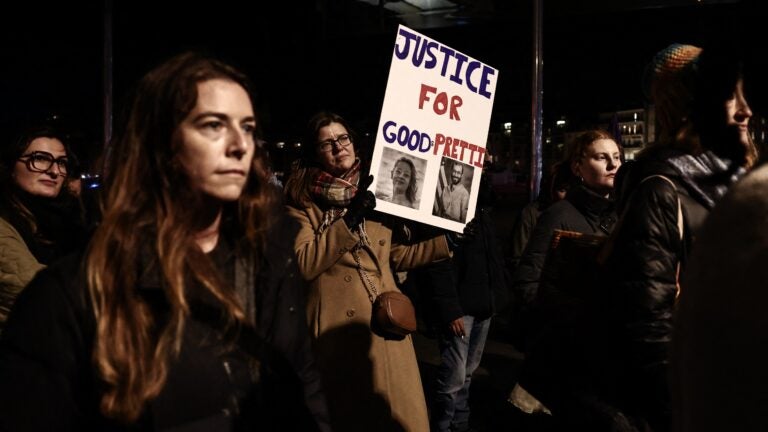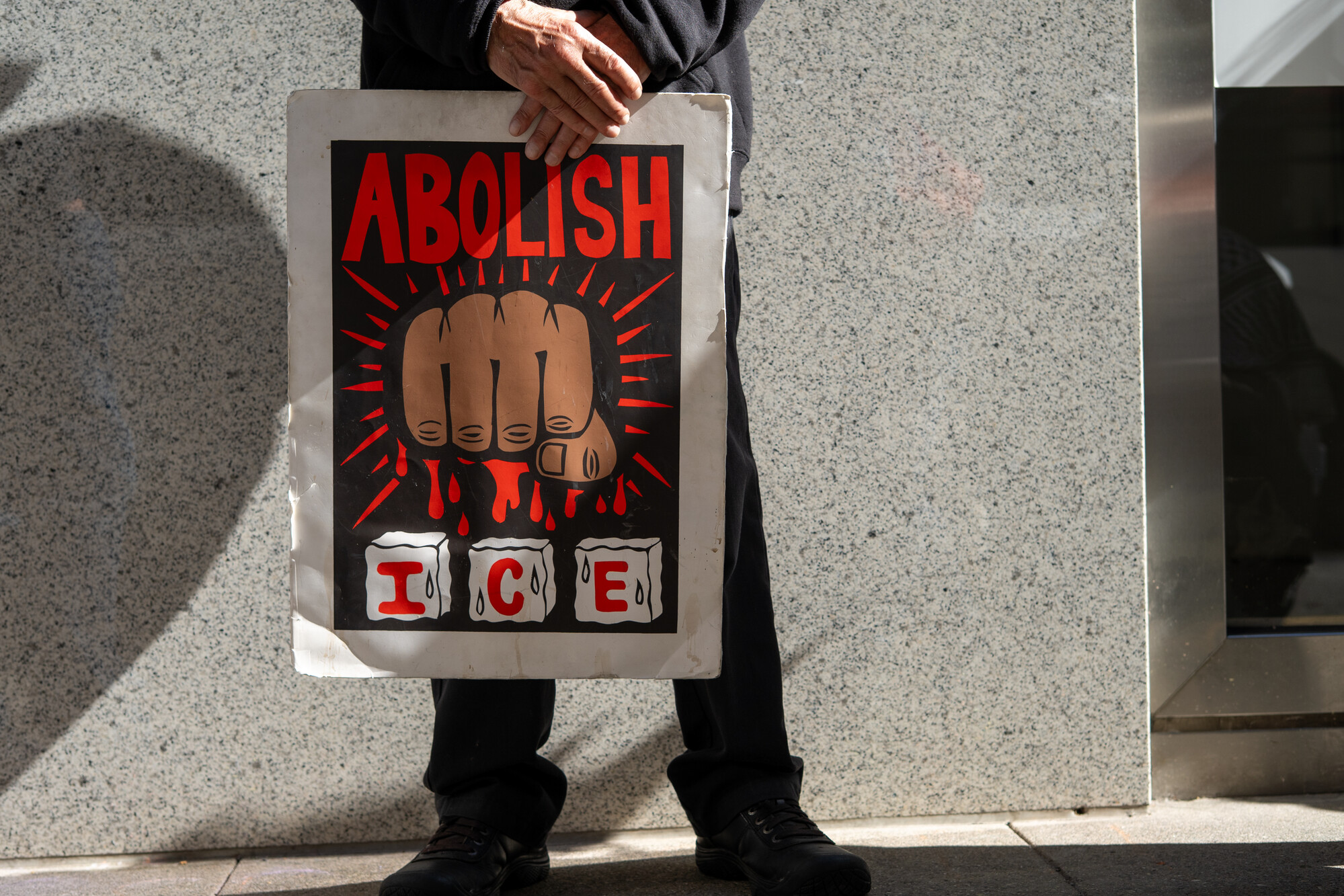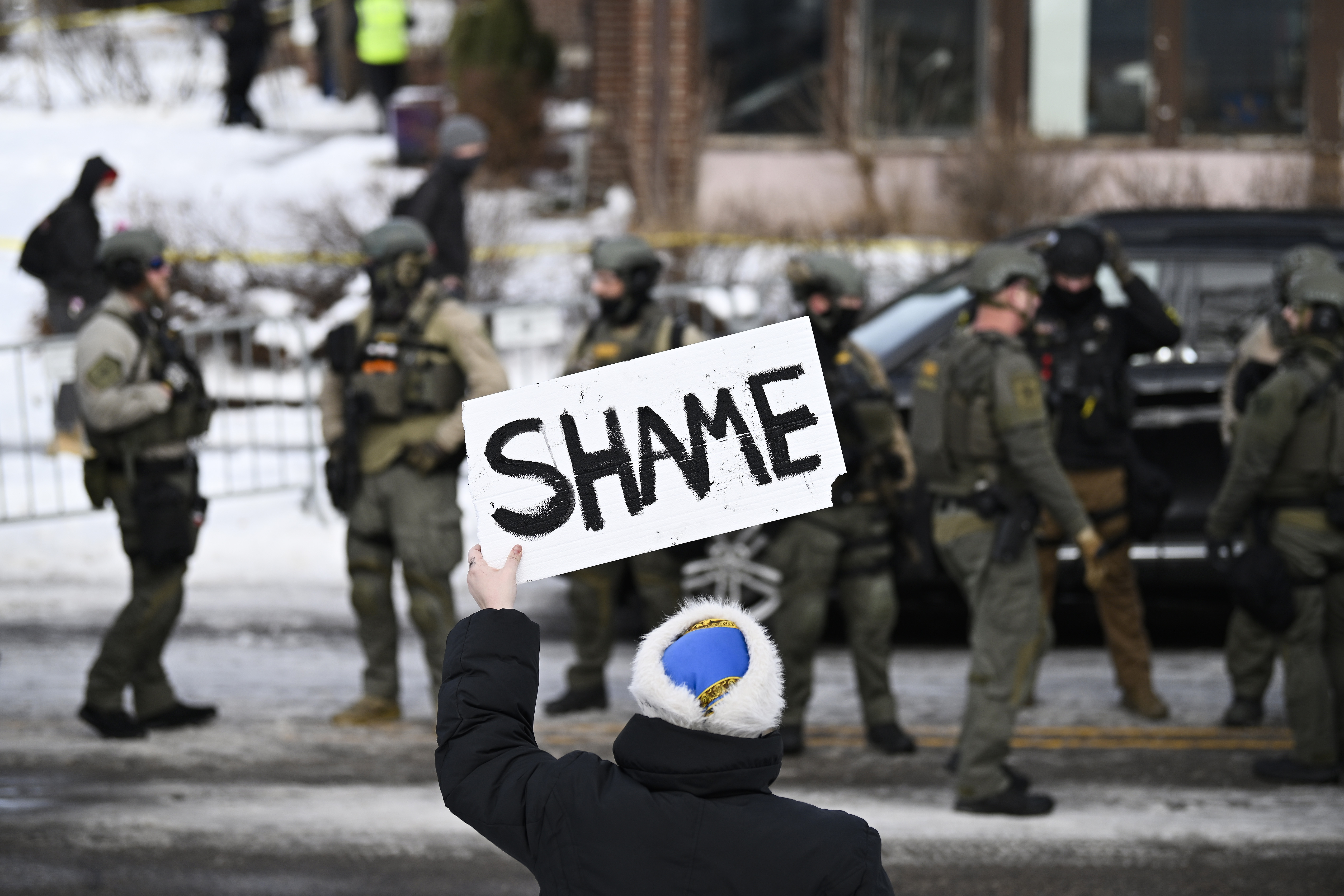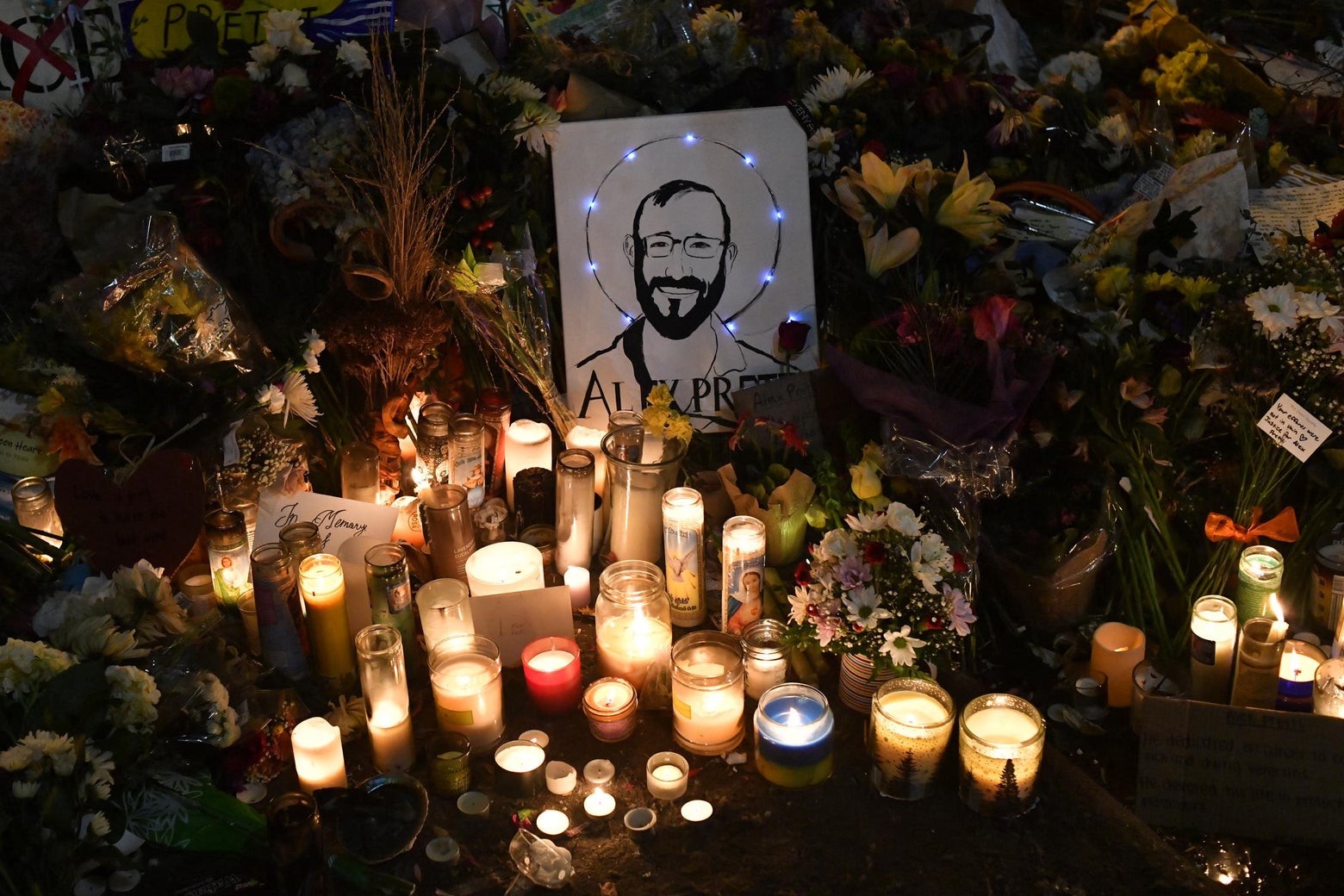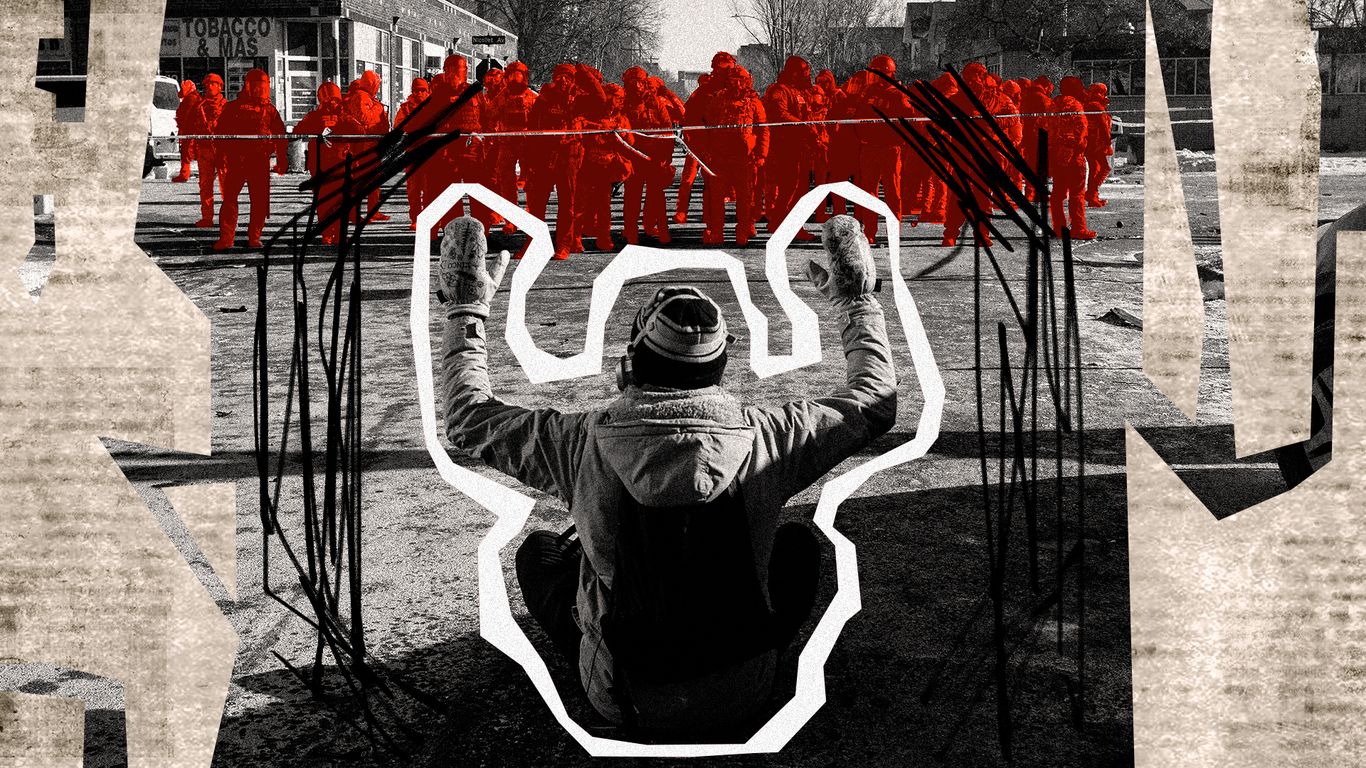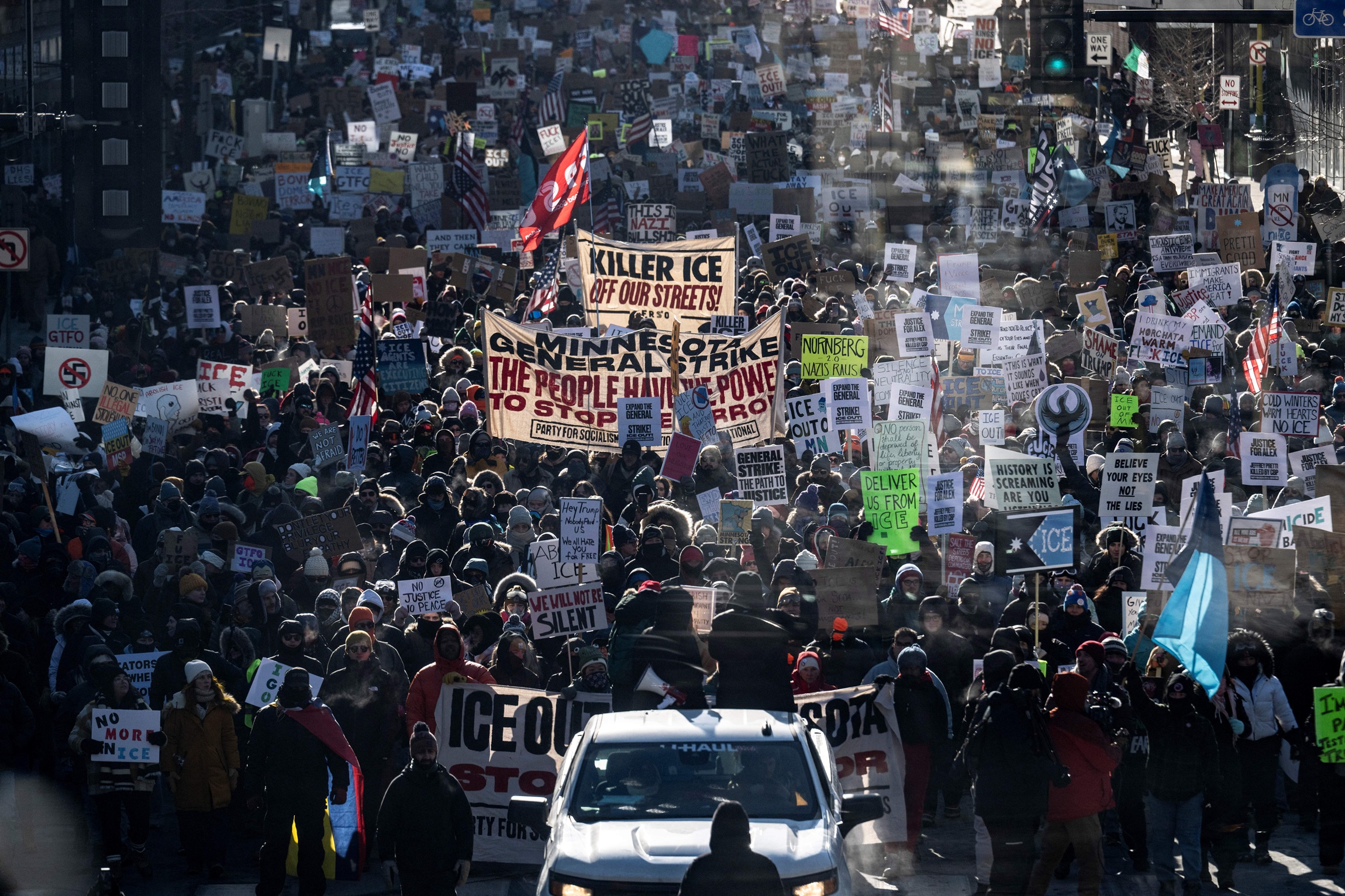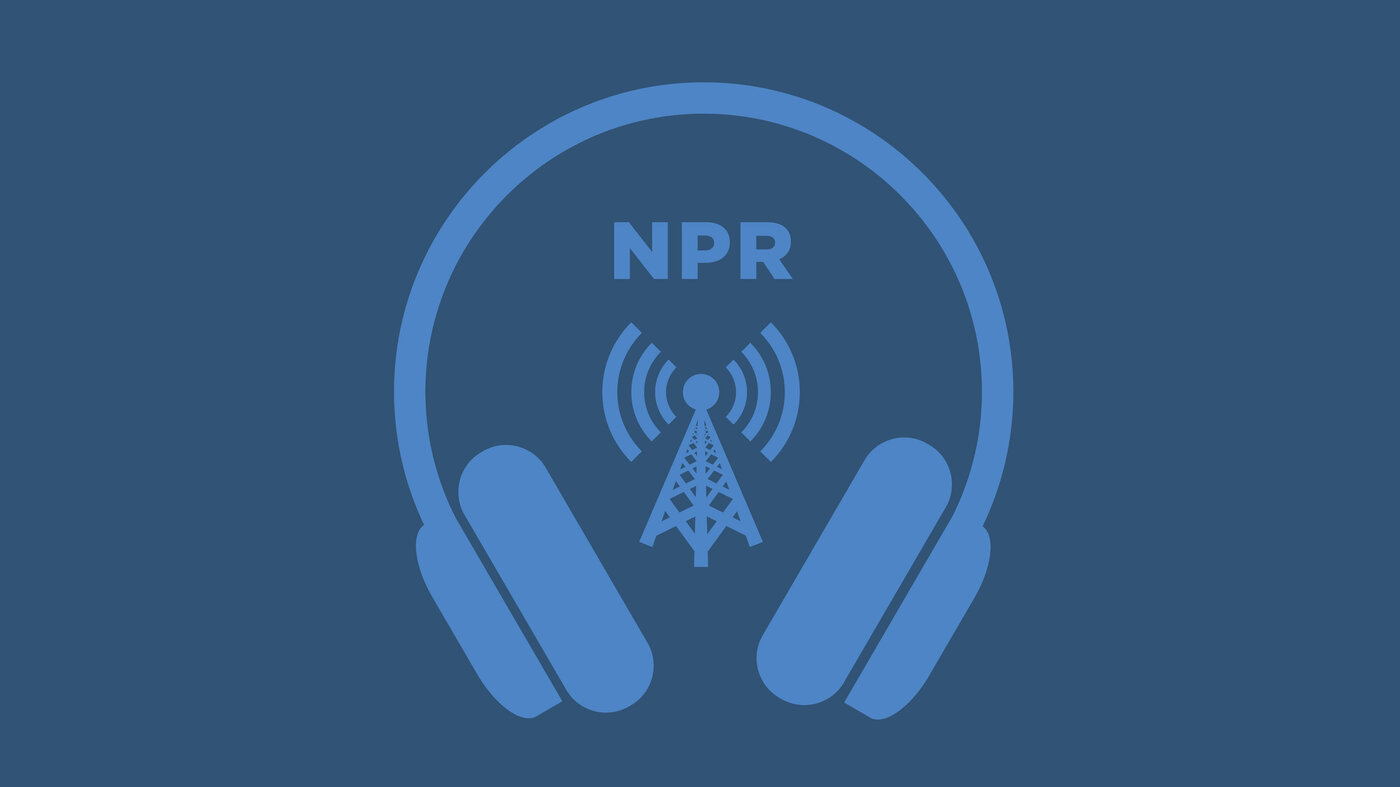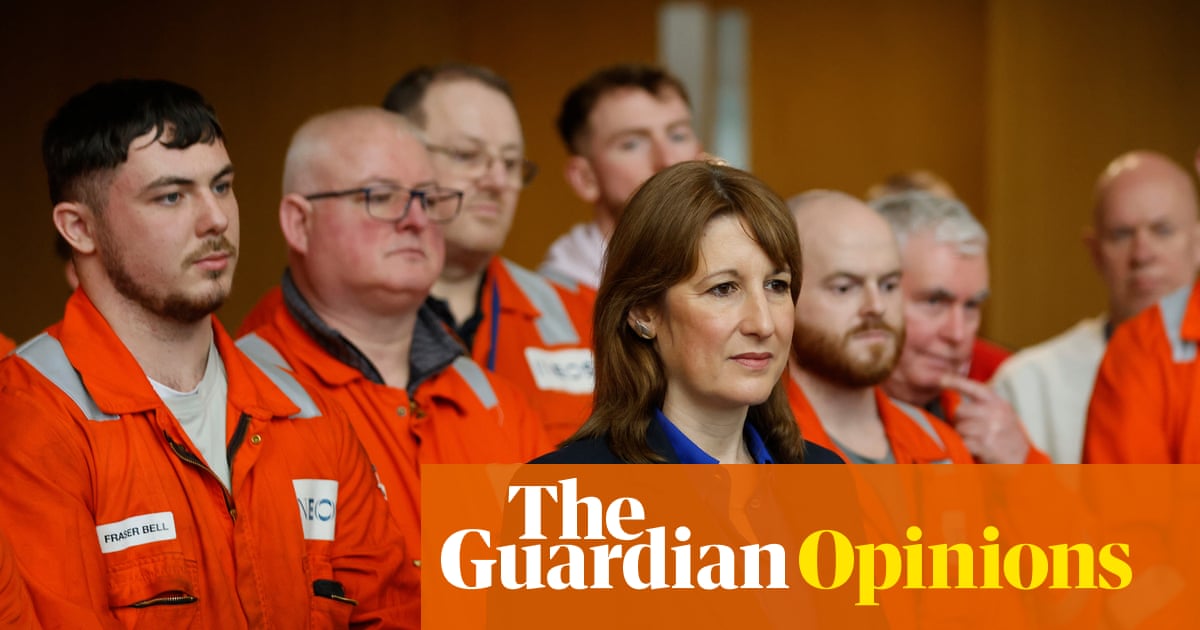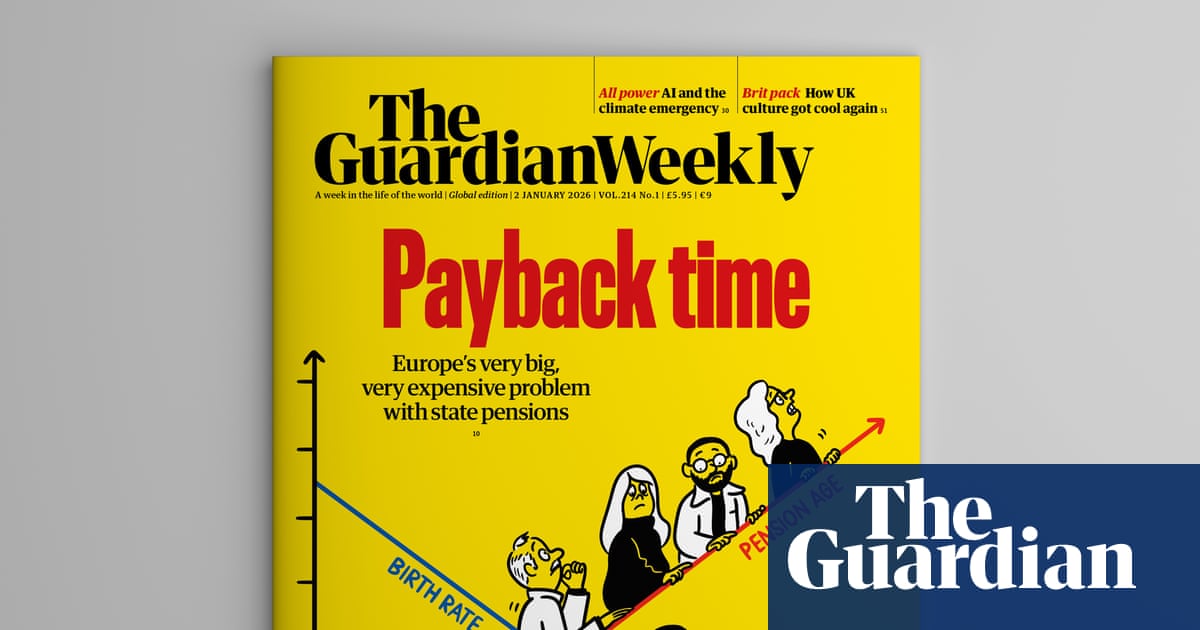#public-opinion
#public-opinion
[ follow ]
#immigration-enforcement #ice #donald-trump #venezuela #immigration-policy #greenland #polling #trump #immigration
fromFortune
21 hours agoTrump's plan to make housing affordable is faltering | Fortune
President Donald Trump's bid to put home ownership in reach for more Americans is sputtering, just weeks after it launched. With voters signaling that pocketbook issues are top-of-mind ahead of the November midterm elections, the White House has floated a series of trial balloons aimed at lowering the cost of buying a home, only to see several shot down by Congress, the financial industry or even Trump himself.
US politics
fromwww.mediaite.com
2 days agoTim Dillon Torches Trump's 'Cruel and Inhumane' ICE Raids
It's fundamentally cruel and inhumane, and it doesn't take into account any specific considerations for people who have been here a long time, for people whose children are citizens and have been here a long time. So when you do these random raids, they provoke a response that is justifiably you're going to provoke a lot of anger because this is barbarism.
US politics
fromIntelligencer
5 days agoTrump's 'Best Issue' Has Turned Into a Huge Weakness
For the third time in less than a year, congressional Democrats are mulling the possibility of triggering a government shutdown as a way to show their defiance of Donald Trump. Last March, they (or at least a sufficient number of Senate Democrats, following Chuck Schumer's lead) chose to step back from the precipice of a shutdown, in part because they doubted Americans shared their interest in, much less their fury over,
US politics
US politics
fromNew York Daily News
3 years agoMost Americans don't believe government is doing enough to combat climate change: poll
Most Americans believe the government is not doing enough on climate change and remain largely unaware of the Inflation Reduction Act's $350 billion clean-energy incentives.
fromwww.mediaite.com
1 week agoCNN Data Guru Warns Trump That Greenland Is Hurting Him Even More Than Epstein Files
CNN's chief data analyst Harry Enten warned that President Donald Trump's push to acquire Greenland is hurting his polling numbers even more than the controversy surrounding the Jeffrey Epstein files last year, calling the push for the Arctic territory the most unpopular thing the president can do. New figures from a Reuters/IPSOS poll, however, show that domestically, the approval of the idea of buying Greenland with federal money sits at 40 points in the negative.
US politics
fromwww.mercurynews.com
1 week agoGoldberg: The right wants ICE to crush the wine mom insurgency
If you read conservative media, you might have heard about a new danger stalking our besieged country. This week, Fox News warned about organized gangs of wine moms using antifa tactics against ICE. According to a column in the right-wing PJ Media, the greatest threat to our nation is a group of unindicted domestic terrorists' who are just AWFL: Affluent White Liberal Women.
US politics
fromwww.independent.co.uk
2 weeks agoGovernment urged to make reckless' act of trail hunting illegal
From reproductive rights to climate change to Big Tech, The Independent is on the ground when the story is developing. Whether it's investigating the financials of Elon Musk's pro-Trump PAC or producing our latest documentary, 'The A Word', which shines a light on the American women fighting for reproductive rights, we know how important it is to parse out the facts from the messaging.
UK politics
Science
fromwww.scientificamerican.com
2 weeks agoAmericans Overwhelmingly Support Science, but Some Think the U.S. Is Lagging Behind
A majority of Americans value U.S. scientific leadership, but Democrats increasingly believe the country is losing ground while Republicans view scientific standing more positively.
US politics
fromwww.theguardian.com
3 weeks agoElon Musk is moving back into politics. Can't he take up a new hobby instead? Arwa Mahdawi
Elon Musk's political interventions cut aid and federal jobs, increased global risk estimates, harmed his reputation, and signalled a renewed personal rapport with Donald Trump.
UK politics
fromwww.theguardian.com
1 month agoMinisters cannot go on ignoring the Shamima Begum case, for two important reasons
A strong majority of the British public oppose repatriating Shamima Begum, complicating government responses to legal challenges and wider repatriation of IS-linked nationals.
fromwww.theguardian.com
1 month agoUS executions surged in 2025 to highest level in 16 years
The increase in the US is all the more pronounced given the gradual decline in capital punishment that had been the prevailing wind in the US for most of the past two decades. It stands starkly discordant with the trend in public opinion. Gallup, which has been taking the pulse of the American public's views on the death penalty since 1937, found that this year 52% supported it for people convicted of murder a 50-year low. Most Americans under 55 now oppose the practice.
US politics
US politics
fromwww.mediaite.com
1 month agoDeadly New Disease': 1998 Poll of Americans' Predictions for Future Were Surprisingly Prescient'
1998 Americans foresaw a Black president, legalized gay marriage, and a deadly new disease by 2025, but overestimated space travel, cancer cures, and centenarian norms.
fromwww.mediaite.com
1 month agoTrump's Commerce Secretary Claims All' Americans Are Going To Earn 4.3% More Money' Because the Economy Grew by 4.3%
So just think, the whole world out there in the third quarter, the United Kingdom grew .1. The European Union group, .4, and Japan fell .6%, fell .6%. Donald Trump's economy grew, the United States of America, the biggest economy in the world, 4.3%. What that means is that Americans overall all of us are going to earn 4.3% more money. We're making a raise. It's a simple way to do it.
US politics
fromwww.theguardian.com
1 month agoIt's time to accept that the US supreme court is illegitimate and must be replaced | Ryan Doerfler and Samuel Moyn
The justices of the US supreme court even its conservatives have traditionally valued their institution's own standing. John Roberts, the current US chief justice, has always been praised even by liberals as a staunch advocate of the court's image as a neutral arbiter. For decades, Americans believed the court soared above the fray of partisan contestation. No more. In Donald Trump's second term, the supreme court's conservative supermajority has seized the opportunity to empower the nation's chief executive.
US politics
[ Load more ]








